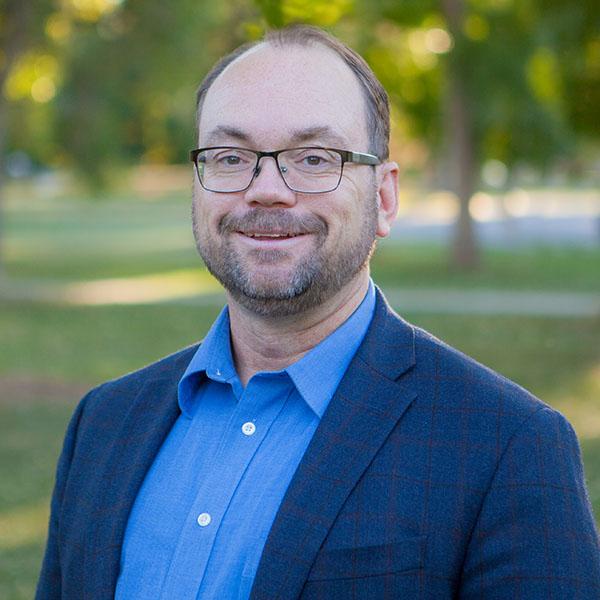
Colorado’s legislature opens its yearly session today with the largest Democratic majority in state history. Tuesday, Jan. 10, Gov. Jared Polis will be inaugurated for his second term after a blowout election victory.
But Democrats’ political power is just one of three factors that will shape the four-month legislative session, in which health-related issues will once again be in the spotlight. A tightening budget and urgent health and social issues will challenge Democrats as they seek to exercise their power.
A True Blue Majority
With majorities of 23-12 in the Senate and 46-19 in the House, Democrats can function essentially as a one-party government. Republicans will not be able to block bills even if they can succeed in swaying a few moderate Democrats on some votes.
But that doesn’t mean policy debates are over at the Capitol. Instead, the terms of the debate will shift from a contest between the two parties to a contest between the left and centrist wings of the Democratic Party.
Look for progressives to push their caucus to do more on gun control, police reform, abortion rights, workers’ rights, and tenants’ rights. All these issues have close ties to health, but those connections often are not front and center in legislative debates. With a growing number of legislators focused on health equity, though, the 2023 session presents an opportunity to spotlight the health dimensions of housing, crime, employment, and other social determinants.
Progressives also see a window of opportunity with Colorado voters to accomplish some long-delayed dreams. Is Colorado’s electorate ready to repeal the Taxpayer’s Bill of Rights — the 30-year old amendment that limits the revenue the government can collect? Would voters think differently in 2024 about single-payer health care, after turning down the idea in 2016?
Big questions like this will provide the subtext for the 2023 session, as legislators attempt to learn exactly how progressive Colorado voters have become.
An Uncertain Economy
Money is getting tighter for legislators. The past three years brought once-in-a-lifetime levels of federal investment into the states to rescue the economy from the pandemic. As a result, Colorado legislators had nearly $4 billion extra to spend. But they made their spending decisions last year, choosing to fund economic development, housing, and behavioral health programs. The 2023-24 state budget is growing, but it looks much tighter. Legislative economists project that there will be barely enough money to fund caseload increases in existing programs, with next to nothing left for any new programs that legislators want to create.
However, a pause on new ideas might be welcome. Legislators have reorganized important parts of the state government in the past two years, creating two new cabinet-level agencies, the Department of Early Childhood and the Behavioral Health Administration. Both are still getting on their feet and finding their place among the state’s other departments. Legislators also created a new office for climate change preparation, and the Polis administration is continuing a multipronged campaign to reduce health care costs. At the same time, the looming end of the federal public health emergency means that Colorado will have to manage the disenrollment of hundreds of thousands of people who joined Medicaid since the start of the pandemic — ideally by helping them get some other form of health coverage.
It's worth noting that the Joint Budget Committee, which writes the state budget, will be learning on the job. Only one member of the six-person panel has previous experience on the committee.
A Complex Web of Social Issues
Meanwhile, difficult health and social issues are demanding legislators’ attention.
The problems are complex and overlapping: high inflation, a shortage of affordable housing, homelessness, policing, drugs, and unmet mental health needs. This winter, a surge in migrants — many of them asylum seekers from South America — has strained Denver’s social services system.
Legislators who want to address any one of these issues will quickly find themselves involved in several adjacent problems, usually through a connection to health policy. For example, a discussion of homelessness could raise issues of housing costs, the role of police, and mental health and substance use. A new cadre of progressive lawmakers will likely have a lot to say about the treatment of people on society’s margins, including migrants, those involved in the justice system, and those experiencing homelessness.
These challenges will take years to solve. But Colorado legislators don’t have years. They have a 120-day session. Starting today.
Watch Big Margins, Big Challenges, CHI's legislative preview session from our December 2022 Hot Issues in Health conference.

